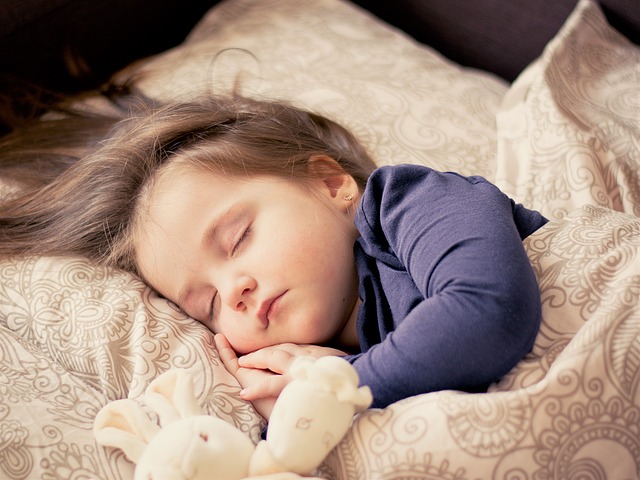Earlier bedtimes for pre-schoolers may lessen their chances for becoming obese when they grow up to become teenagers, Web MD reports.
Scientists at the Ohio State University College of Public Health found that preschoolers who went to bed at 8:00 p.m. were less likely to be obese compared with kids of the same age who went to bed just one hour later.
Sarah Anderson, the study’s lead author and an associate professor of epidemiology, said that,
For parents, this reinforces the importance of establishing a bedtime routine. It’s something concrete that families can do to lower their child’s risk.
Anderson added that an earlier bedtime for pre-schoolers can also probably assist young children’s social and emotional development along with their brain development.
The researchers reviewed data on close to 1,000 kids who had participated in a study that tracked healthy infants born in 1991 in 10 locations in the USA.
When the child participants were around 4 years old, they were assigned to three groups: those who went to sleep at 8:00 p.m., those who went to bed between 8 and 9:00 p.m. and those who went to sleep after 9:00 p.m.
Half of the children were sent to bed between 8 to 9:00 p.m., and the rest were evenly divided between early and later bedtimes, the study said. The researchers then checked the childrens’ weight at an average of 15. The results documented that only 10% of children with the earliest bedtimes turned out to be obese teenagers, compared to 16% of kids who went to bed betwwen 8 to 9:00 p.m.
The kids most likely to be obese later in life were those who went to bed the latest and whose mothers were observed to be less supportive and less receptive, the study said. Later bedtimes were also observed to be more common among non-white kids whose mothers had lower levels of education and lived in lower income households.
Anderson said in a press release that, “It’s important to recognize that having an early bedtime may be more challenging for some families than for others,” and added that, “Families have many competing demands and there are tradeoffs that get made. For example, if you work late, that can push bedtimes later in the evening.”
The authors of the study recommend that household routines are important in the overall welfare of pre-school children.
The study was published in the Journal of Pediatrics.
























